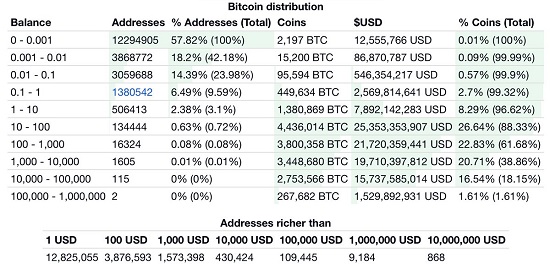Bitcoin and other financial trust technologies are threatening traditional financial institutions.
Technology blogs and financial news networks are buzzing about blockchain, a cryptographic, distributed trust technology. The key innovation is how it reduces the need for central third-party institutions to serve as central authorities of trust — banks, courts, large corporations, stock markets and even governments, for example.
Distributed trust enables co-operative forms of organization without a centre. It can distribute power away from centralized institutions to those that traditionally have less power. Such powerful institutions do not let go of their influence easily.
The ongoing debate about how to regulate distributed trust technologies assumes that the advocates of the technologies will seek both legal status and enforceability. Scholars proposethat such developments in distributed trust are a competitive threat to nation-state paper currencies.
Much of the current, popular focus is on cryptographic currency — or cryptocurrency — applications such as Bitcoin.
Source/More: Bitcoin is making banks nervous. Here’s why | World Economic Forum




















